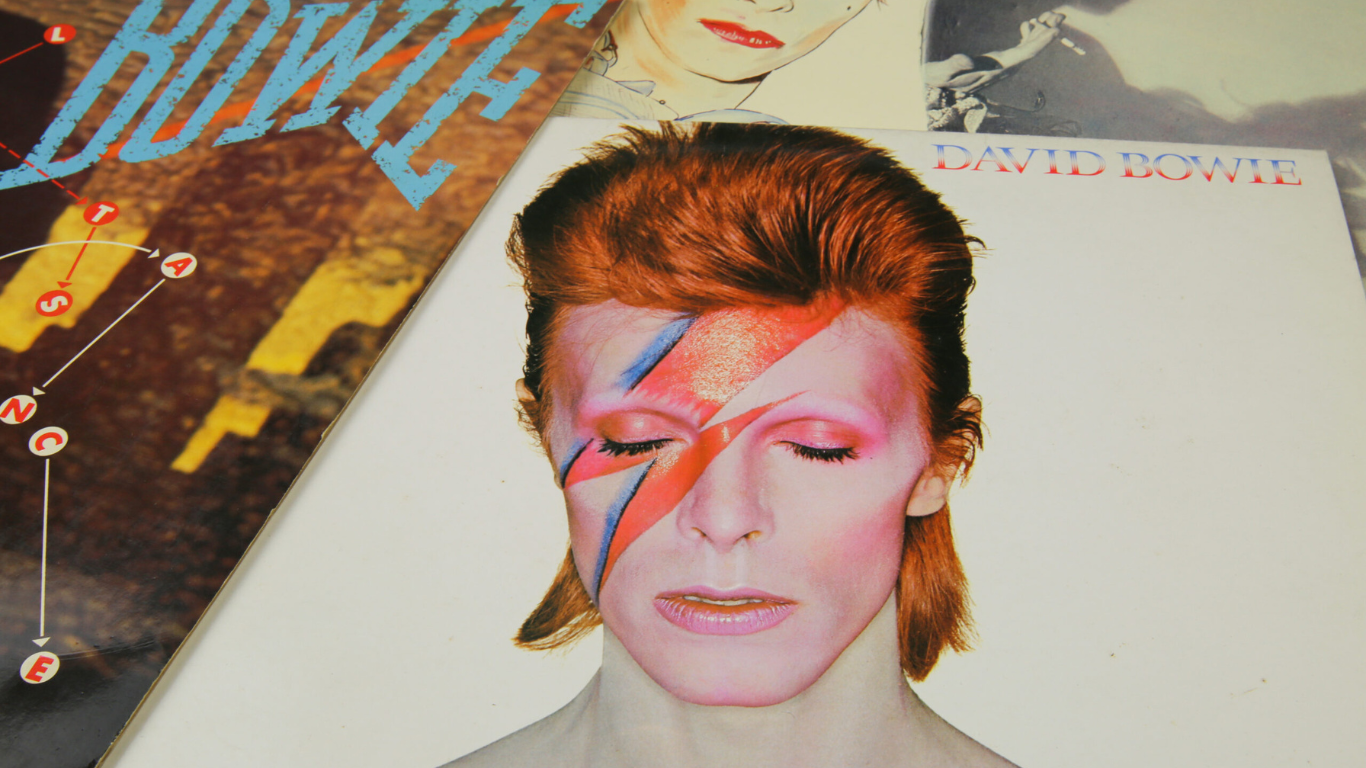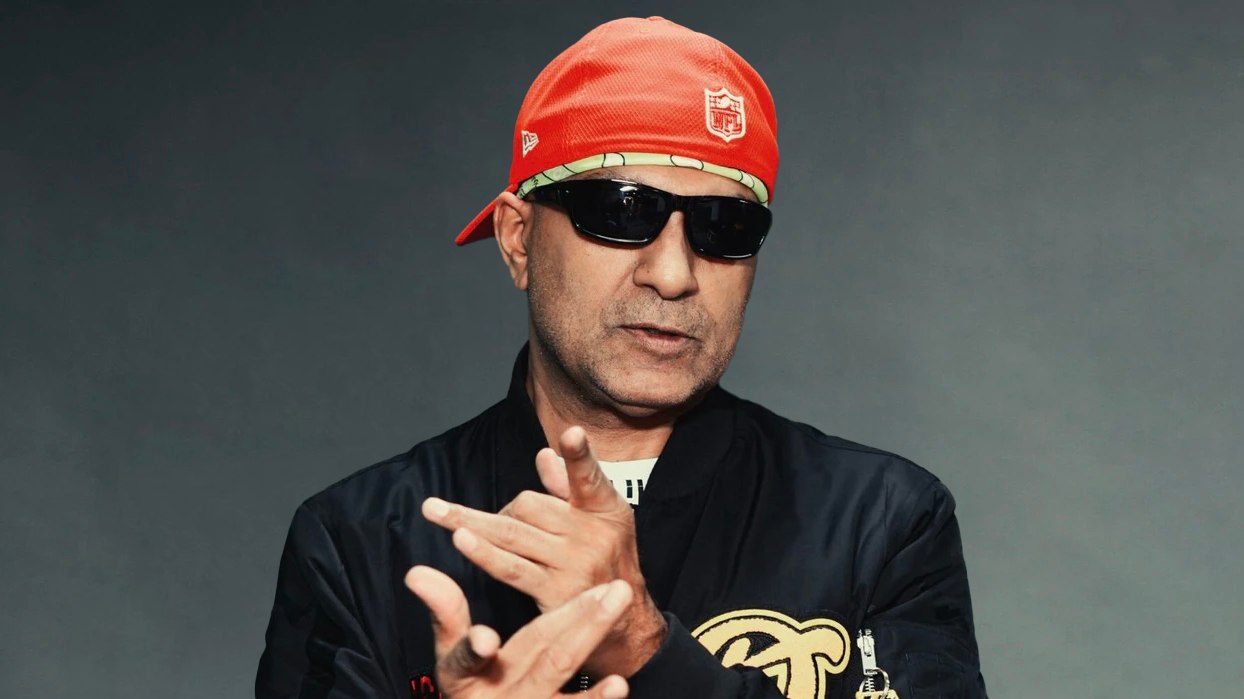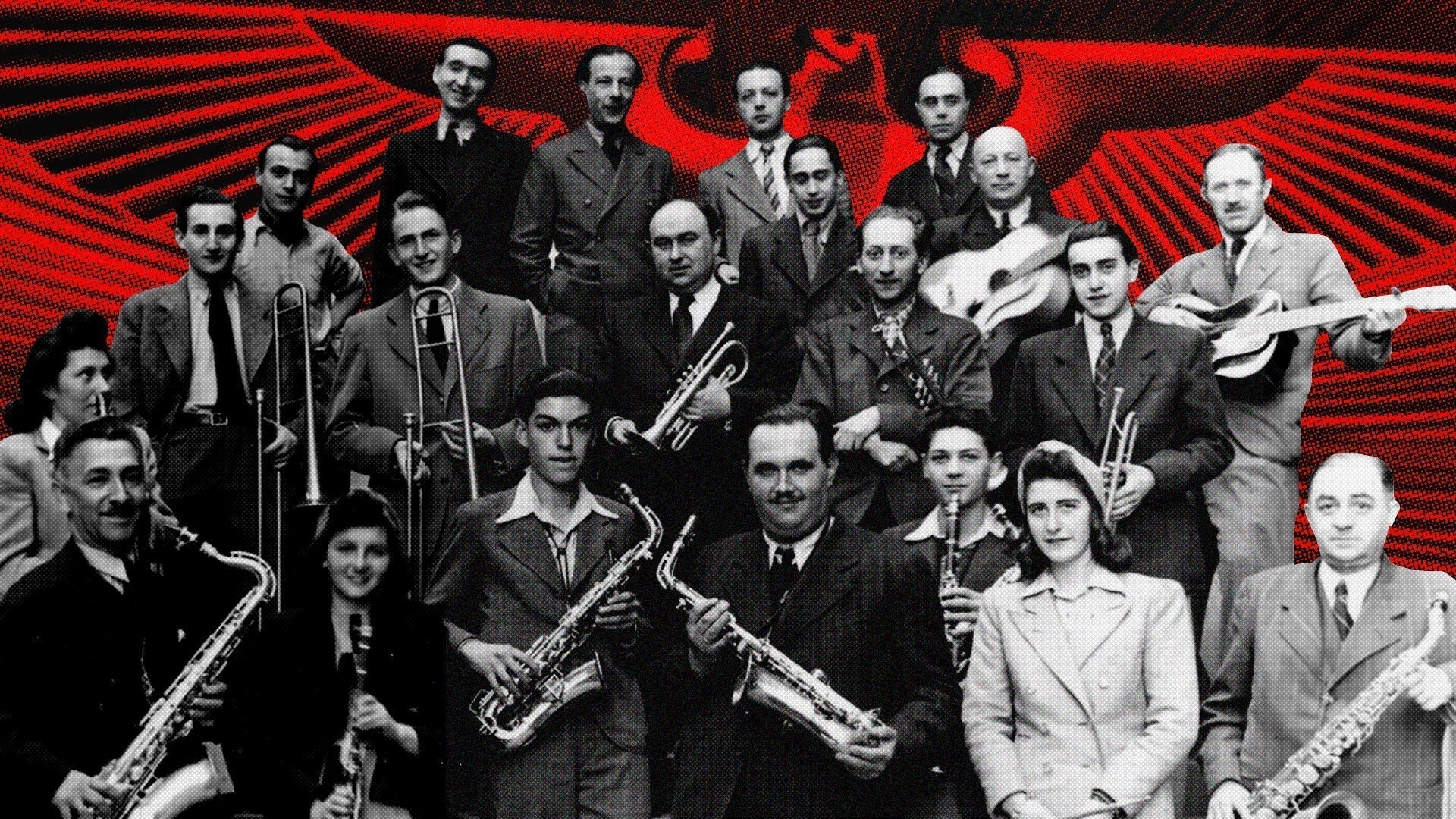David Bowie And His Alter Egos

David Bowie always emphasized his roles as a writer and actor ahead of being a musician. Initially aspiring to write musicals and songs for others, he eventually found himself in the spotlight.
But why did he create alter egos along the way?
Well, it wasn’t easy for Bowie. He realized he had to perform his songs himself. So, he started experimenting with various characters.
His first real persona was Ziggy Stardust, a character born out of Bowie’s need to protect himself from the world’s scrutiny.
Ziggy allowed Bowie to be himself, (ironically, by wearing a mask).
“I’m pretty self-satisfied with my own individuality,” Bowie said. “I had to be very exaggerated in the beginning to defy people to put me in a category so that would leave me room to work in.”
Ziggy Stardust aimed to revive youth’s interest in subversive culture, introducing ideas of gender fluidity to rock ‘n’ roll.
Bowie had at least five main characters: Ziggy Stardust, Aladdin Sane, Halloween Jack, the Thin White Duke, and The Blind Prophet.
Aladdin Sane (1973) marked his transition into fame. Often described as ‘Ziggy goes to America,’ this character explored the complexities of mental illness, inspired by Bowie’s own experiences.
Musically, ‘Aladdin Sane’ had a harder, rock-based edge, paying homage to The Rolling Stones with a glam-rock twist.
Halloween Jack (1974) made his appearance in Bowie’s ‘Diamond Dogs’ record, forming part of a dystopian trilogy alongside Ziggy Stardust and Aladdin Sane.
Bowie’s storytelling took a dark turn, depicting a war-torn world where Ziggy had evolved into a ‘cool cat’ living underground, observing chaotic gangs reminiscent of ‘Clockwork Orange.’
The Thin White Duke (1975-1976) embraced American soul, funk, and dance music during Bowie’s exploration of the Philly soul scene.
Bowie coined the term ‘plastic soul’ to approach soul music with irony and authenticity. The Thin White Duke eventually evolved to become darker and more sinister.
The Blind Prophet was introduced in Bowie’s final album, ‘Black Star,’ released just days before his death, symbolizing Bowie’s acknowledgement of mortality.
Click Here To Read More:






Comments